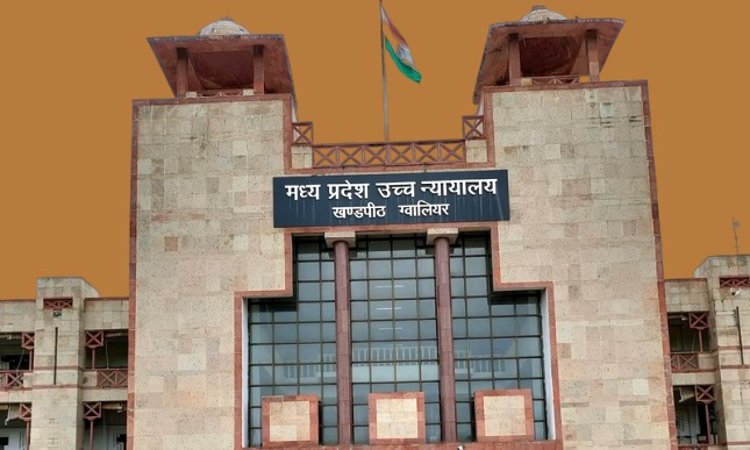POCSO Conviction In Violation Of S.273 CrPC: MP High Court Remands Matter Back To Trial Court For Re-Examination Of Witnesses
Zeeshan Thomas
31 Oct 2022 1:30 PM IST

Next Story
31 Oct 2022 1:30 PM IST
The Madhya Pradesh High Court, Gwalior Bench recently set aside the conviction in a POCSO case citing violation of Section 273 CrPC which mandates that evidence in a criminal trial is to be taken in presence of accused. The division bench of Justices Rohit Arya and M.R. Phadke observed that neither did the Appellant express his willingness nor did the trial court pass any directions...
